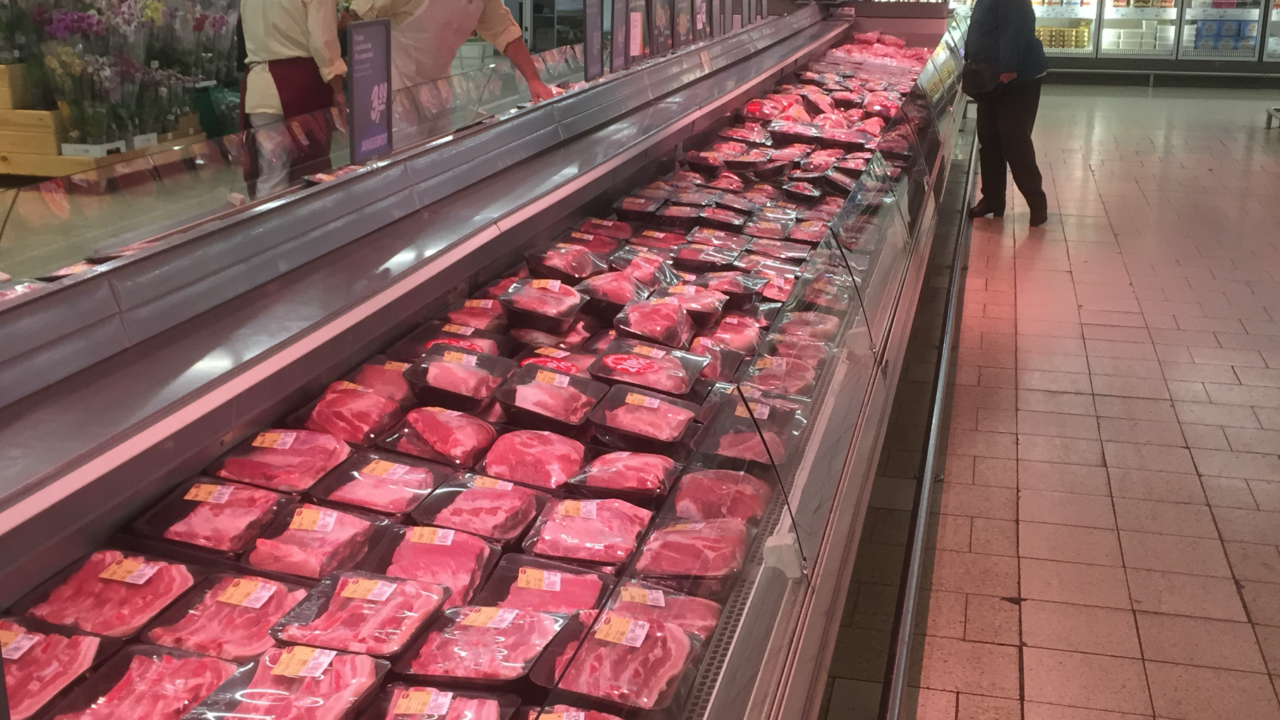Legislation needs to be introduced immediately to prevent below-cost selling of Irish agricultural produce, according to agri economist, Ciaran Fitzgerald.
He was speaking on this week’s Farmland programme produced by Agriland Media, during a discussion about the impact of food pricing on farm enterprises.
He was joined in the discussion by journalist Richard Halleron, where the rising cost of inputs such as fertiliser was also a highlighted.

Food pricing
During the discussion, Fitzgerald said that food prices have risen by 1%, compared to inflation which is currently hovering around 6%, according the consumer price index.
“Food hasn’t had much of a contribution and I think that goes to a 20-year policy, unfortunately, where food pricing has become disconnected from the cost of producing food,” Fitzgerald said on Farmland.
“On the one hand, in commodity markets, I think we can expect better returns, because commodity markets actually work at a level, but food pricing reflects the policy of food retailers, in recent years – the discounters, but also the supermarkets.
“Unfortunately, we’ve a fairly chronic situation, where over a long period of time, a lot of fresh food is sold at, or below, cost,” he added.
The economist added that there must be greater consideration of the rising cost of inputs when pricing at retail level.
“There needs to be legislation brought in actually, that prevents food from being sold below-cost.”
Food inflation and below-cost selling
The programme heard that data from the Central Statistics Office (CSO) indicates that while the cost of living has risen by 8%, the cost of food has decreased by 10%.
“The responsibility rests between two departments, because the consumer piece of it is with the Department of Enterprise [Trade and Employment] and the production piece of it is with the Department of [Agriculture, Food and the Marine],” Fitzgerald said.
“The Department of Enterprise [has] taken the view, which is the view of competition authorities that the interests of consumers are best reflected in the interest of the retailers.
“I would argue that they have actually made a fundamental misconception here in terms of assuming that if the retailer is in charge of things, then all the benefits of low pricing or loss leading are passed back to the consumer; they are not.”
Research has shown that consumers are mostly sensitive about pricing on about 10 items in their grocery shopping and these items normally include fresh food.
The full interview on Farmland can be viewed by clicking the link here.
